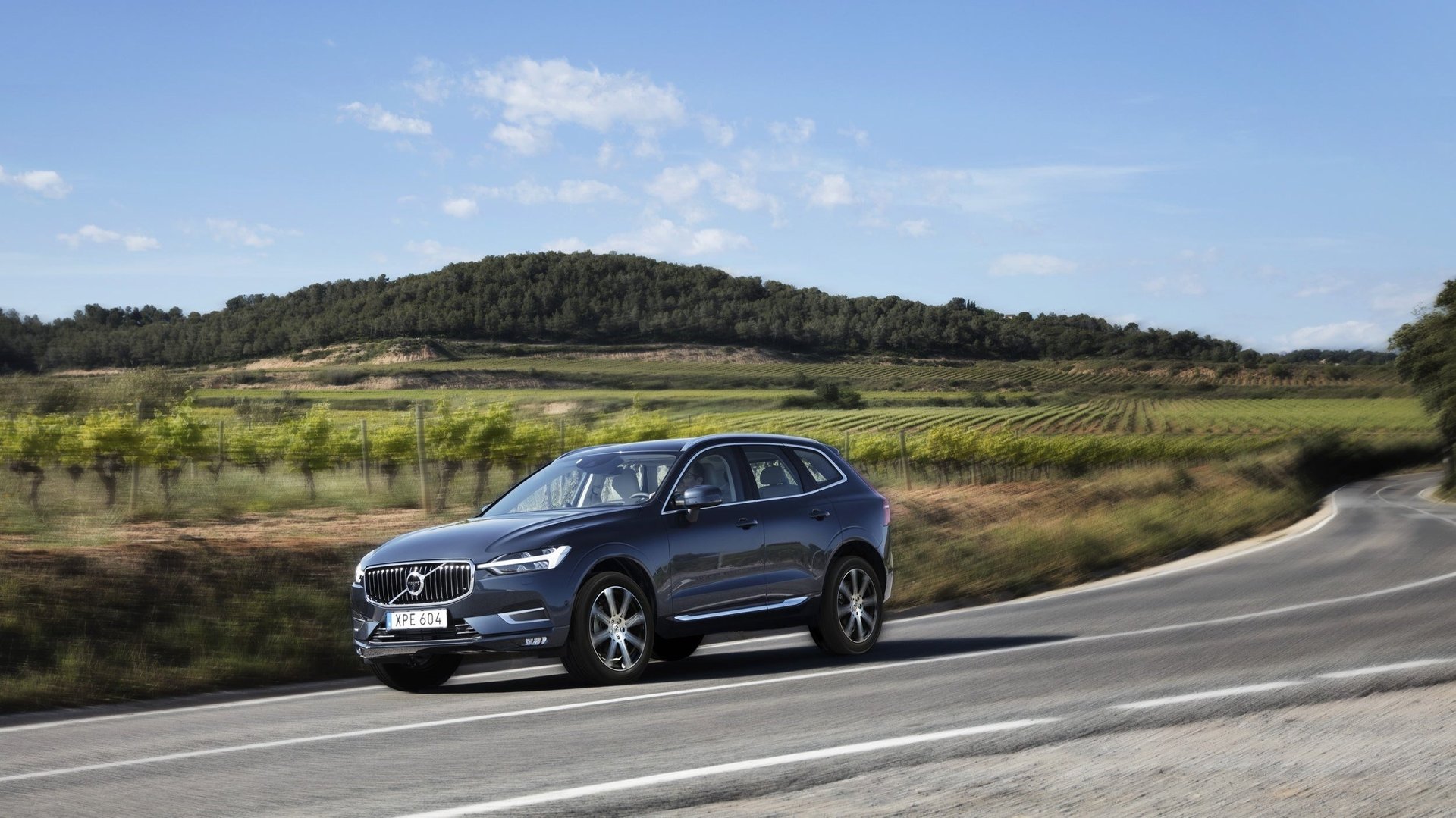All new Volvo cars will have electric engines starting in 2019
The death of the internal combustion engine might be just down the road. Volvo announced today that, starting in 2019, it will no longer launch any new cars with gasoline engines.


The death of the internal combustion engine might be just down the road. Volvo announced today that, starting in 2019, it will no longer launch any new cars with gasoline engines.
The Swedish company, which is owned by the Chinese automotive conglomerate Geely, said in a press release that it will launch five fully electric vehicles between 2019 and 2021—three of which will be under the Volvo moniker, and two under its new Polestar performance-car brand. Volvo will also produce a range of hybrid cars across its line of models as the company phases out traditional combustion engines. “This means that there will in [the] future be no Volvo cars without an electric motor,” the company said the release.
Volvo’s announcement is one of the most ambitious commitments yet to an all-electric future from a traditional automaker. While other companies have stated plans to produce a greater number of electric vehicles in the near future—GM for example said in January it plans to roll out new models based on its recently-released Chevrolet Bolt electric car—none but Volvo have yet committed to ditching the gas engine entirely.
Whatever eco-conscious factors may be playing into Volvo’s decision, there are other pressing financial concerns that might be forcing its move to all-electric vehicles. Electric cars are selling well in China—at levels double those in the US—and it’s reasonable that Volvo would want to follow the rising tide in Geely’s home nation.
Meanwhile, other countries are pushing forward with legislation to reduce greenhouse gas emissions that will impact car manufacturing: Germany recently mandated that all vehicles sold in the country must have zero emissions by 2030, effectively outlawing sales on solely gas-powered vehicles; Sweden is aiming to have net-zero emissions of greenhouse gases by 2045; and the EU is tightening the restrictions on how much carbon dioxide vehicles can emit by 2021.
By starting the move to a fully electrified catalogue of offerings now, Volvo is ensuring it can continue to sell its vehicles in some of the largest car-buying markets in the near future. Backed partly by Volvo’s recent upswing in sales, Geely has become the seventh-largest automaker in the world, and it’s possible that positioning itself as the electric auto company of tomorrow will help propel Geely closer to Volkswagen and Toyota, the world’s largest automakers.
Then there’s the other electric elephant in the room: Tesla. Elon Musk’s electric-car company is planning to roll out its first Model 3 cars off the production line this Friday (July 7). It will be the cheapest car Tesla has produced to date—costing around $35,000, before any add-ons or tax credits are applied—and would compete directly with the premium yet still relatively affordable models Volvo produces. For example: New gas-powered Volvo sedans cost between $34,000 and $47,000, and it’s unlikely that Volvo would upend its entire pricing structure for its forthcoming electric vehicles.